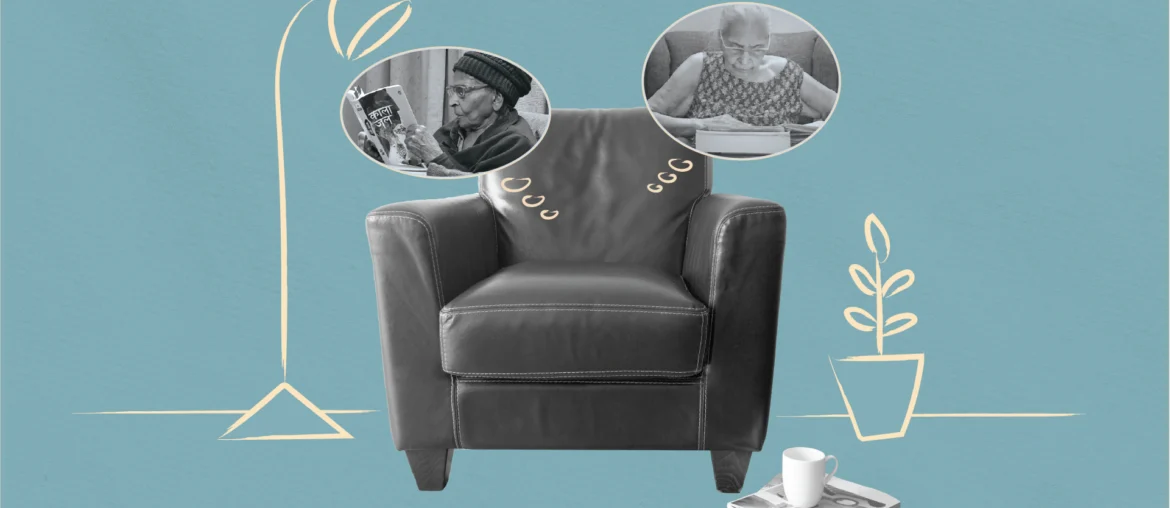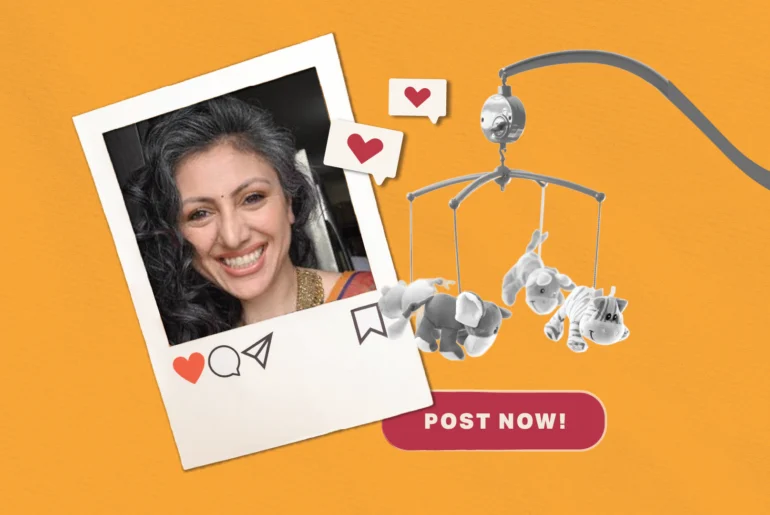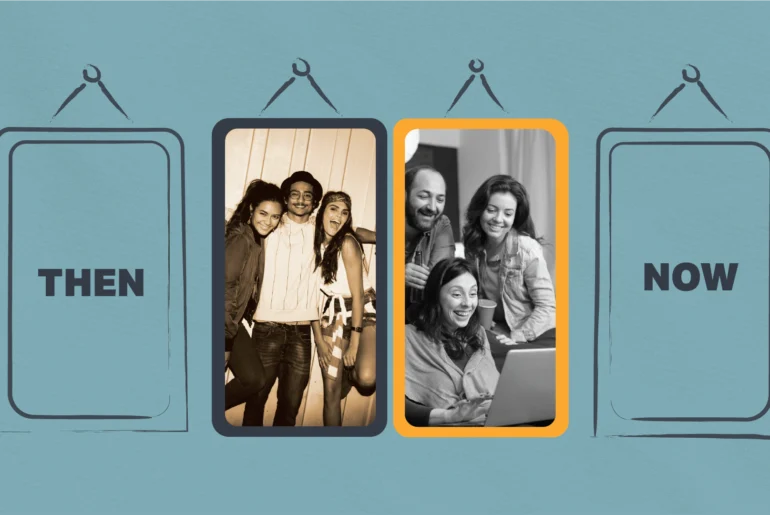Losing a loved one, especially after years of caregiving, can leave a profound void. This article explores the emotional and practical challenges faced by caregivers after the loss of a loved one, offering insights into navigating grief and rebuilding a new sense of self.
There’s a particular kind of emptiness that comes with losing someone you’ve cared for intensively. Even when death arrives after a long, full life–in their 90s, after years of beautiful memories–the void left behind holds more than just the absence of your loved one. It contains the dissolution of a role that had become central to your identity, the sudden stillness of days once filled with the rhythm of caregiving.
The stark transition from presence to absence
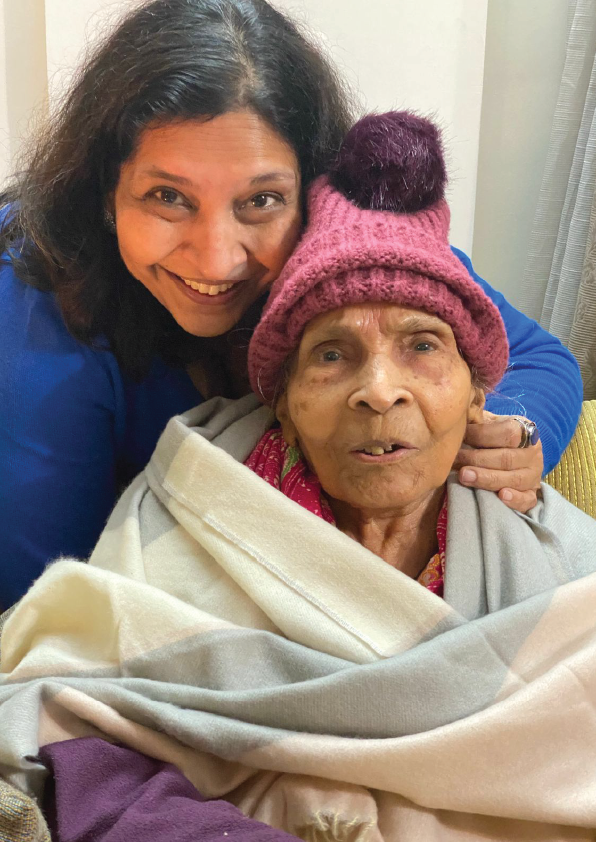
The stark transition from presence to absence can be overwhelming. As Jayanti Pandey reflects following her mother’s passing at 97, “The transition from being there to not being there, breathing to not breathing, is so quick that it hits you. It moves very quickly.” In the first few days, she discovered a different dimension to the loss – the absence of a silent but strong presence that had filled their home, its power only fully realized once it was gone.
For those who dedicate years to caring for an aging parent, the loss creates ripples that touch every aspect of life. Your daily schedule, once structured around medication times, doctor’s appointments, and careful monitoring, suddenly stands empty. The constant mental checklist – Has she eaten? Taken her pills? Is she comfortable? – falls quiet. The purpose that drove your days seems to evaporate.
Subtle preparations for departure
Yet sometimes, our loved ones prepare us for their departure in subtle ways. “Even when my mother was alive, she was preparing us,” Jayanti shares. “It was a gradual shutting down of her physical energy and her wanting to do things. Her needs became lesser, she didn’t want to leave the room–all these were all indicators of how she was feeling and her preparedness to go.” This gradual withdrawal can be a final gift from parent to child.
What many don’t understand is that caregivers don’t just lose a loved one–they lose a way of life. Your world, which had gradually reorganized itself around the needs of your mother, now feels formless. Simple questions become complicated: What do you do with the free time you suddenly have? How do you rebuild relationships that may have faded while you were focused on caregiving? What happens to the part of you that found deep fulfilment in being needed, in providing comfort and care?
Finding your way forward means acknowledging that rebuilding a life after intensive caregiving is a journey in itself. It means recognizing that the skills and compassion you developed as a caregiver are not lost–they’re part of your story now, transforming how you see the world and interact with others. The empathy, patience, and strength you cultivated continue to shape who you are.
Carrying the void and rediscovering self
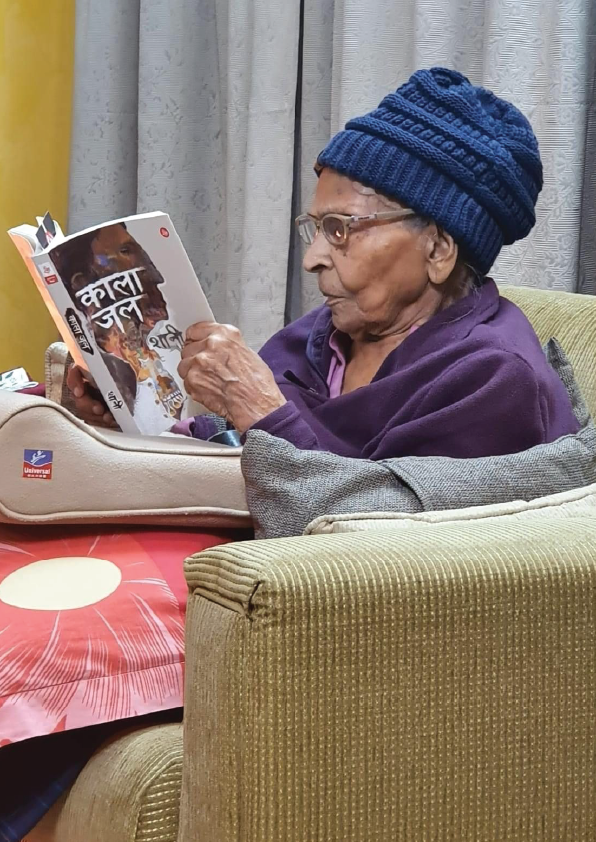
The void left behind by someone we’ve cared for intensively can never truly be filled, nor should it be. Instead, we learn to carry it with us as we slowly rediscover parts of ourselves that were set aside. We begin to see that honouring their memory includes honouring the person we’ve become through caring for them, while giving ourselves permission to grow into whatever comes next.
For Jayanti, grief manifests in its own unique way. “I don’t sit around and mope and cry but handle it differently, in my own way. Nine out of ten people find that strange.” Her experience challenges the conventional narratives about how we’re “supposed” to grieve. She finds peace in the completeness of her mother’s life, in knowing that “she gave us as much as she could give us.”
Time as a teacher, not a healer
Having faced three significant losses in her life, Jayanti offers a perspective that challenges conventional wisdom: Time doesn’t heal wounds, she believes. Instead, it teaches you to handle and face things squarely. This raw honesty speaks to a deeper truth about loss–that perhaps the goal isn’t to “get over it” or wait for time to diminish the pain, but to learn to carry our losses with grace, incorporating them into the fabric of who we are becoming.
Recovery means finding gentle ways to repurpose the energy once devoted to caregiving. For Jayanti, returning to work shortly after her mother’s passing proved to be a crucial anchor. “To wake up to find that I have nothing to do would have been terrible,” she reflects. “Nothing to do is a killer and that vacuum would have been difficult to face.” This structure provided not just distraction, but purpose during a time when the familiar rhythms of caregiving had suddenly ceased.
The quiet power of connection
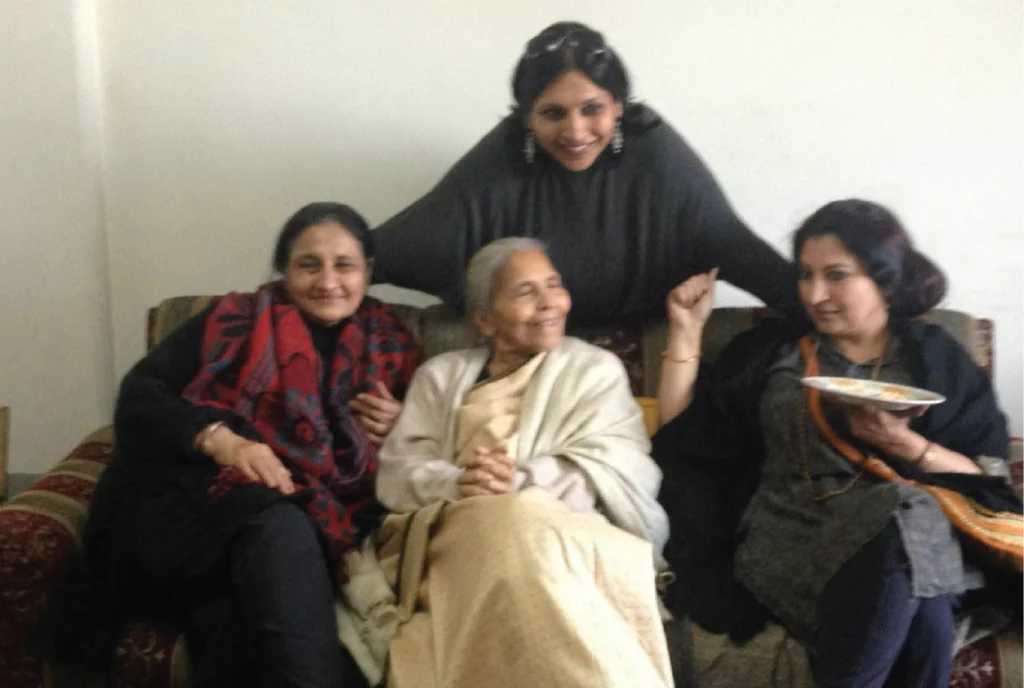
“Having people to talk to and share was very cathartic, it helped me remember the good times and also face the fact that she was not there,” Jayanti discovered. These conversations serve multiple purposes–they keep the loved one’s memory alive while simultaneously helping us accept their absence. Some find solace in volunteering, channelling their caregiving expertise into helping others. Others focus on rebuilding neglected friendships or rediscovering old hobbies. Many find that sharing their experiences with other caregivers helps them process their loss while supporting others on similar journeys.
The love shared between caregiver and loved one, the countless small moments of care and connection, remain part of us. They become the foundation upon which we can build a new chapter, one that honours both who we were as caregivers and who we are becoming now – each finding our own way through the landscape of loss.

